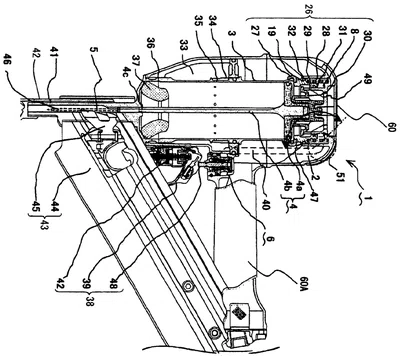Late last year, we posted about a decision from Judge Connolly dismissing an action by Chromadex because Chromadex had licensed the patent to another party along with the right to sublicense, making the licensee a required party, but had failed to join that party in the complaint.
To remedy the situation, Chromadex apparently executed a new license agreement to provide Chromadex with standing to bring a complaint alone. The licensee was dissolved.
Chromadex then moved for reconsideration. Judge Connolly denied the motion. He pointed out that a plaintiff cannot rely on evidence arising after the original decision to support a motion for reconsideration:
"newly discovered evidence" within the purview of Rule 60(b )(2) . . . refers to evidence of …






